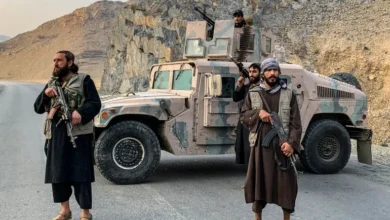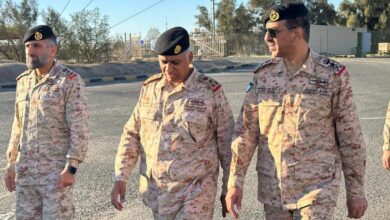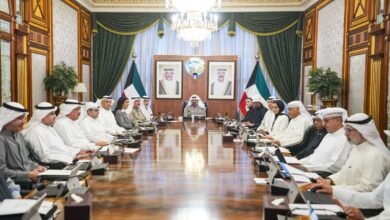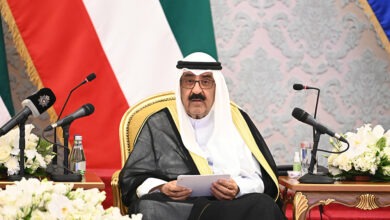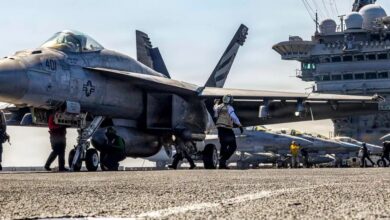35 years on . . . Kuwait honors heroes, resilience, and unity that defied invasion and reclaimed sovereignty
The 35th anniversary is a solemn occasion — but also one of national pride. Kuwait has emerged stronger, more unified, and globally respected. The invasion may have sought to destroy a nation — but instead, it forged a legacy of resilience that shines brighter with every passing year.
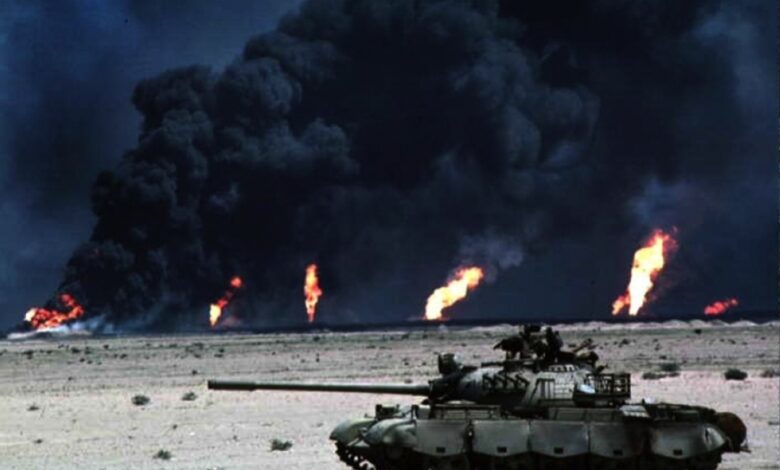
Kuwait today, Saturday, marks the 35th anniversary of the brutal Iraqi invasion of August 2, 1990 — a dark chapter when the forces of the former Iraqi regime launched a treacherous assault aimed at erasing Kuwait’s identity, sovereignty, and existence as an independent state and a respected member of the international community.
On that fateful day, Kuwait awoke to tanks and troops violating its land, but the invaders did not anticipate the iron will of the Kuwaiti people. From the earliest moments, Kuwaitis — both civilians and leadership — showcased unparalleled national unity and defiance.
They stood firm, rejected the occupation’s false legitimacy, and rallied around their rightful leadership, igniting a national epic that would culminate in the liberation of their homeland on February 26, 1991, reports Al-Rai daily,
The aggression was not only military — it was an attempt to dismantle an entire nation. As the occupation dragged on, the Iraqi regime intensified its atrocities. It set ablaze 752 oil wells, unleashed a scorched-earth policy, sabotaged infrastructure, planted mines, and dug oil trenches, causing one of the worst environmental disasters in history.
In contrast, Kuwait’s political leadership rose to the occasion with courage and foresight. The late Amir Sheikh Jaber Al-Ahmad, Father Emir Sheikh Saad Al-Abdullah, and then-Foreign Minister Sheikh Sabah Al-Ahmad (later Emir) played historic roles in mobilizing international support and navigating the crisis with wisdom and determination.
Globally, the response was swift and resolute. The UN Security Council issued Resolution 660, condemning the invasion and demanding Iraq’s immediate withdrawal. What followed was a succession of binding resolutions under Chapter VII, laying the legal foundation for the formation of a powerful international coalition that would liberate Kuwait.
Diplomacy became Kuwait’s most potent weapon, with Sheikh Sabah Al-Ahmad leading tireless efforts to inform the world of the grave violation of sovereignty. His diplomacy united the Arab world and galvanized global support, achieving a rare international consensus for liberation and justice.
After regaining freedom, Kuwait chose reconciliation over vengeance. It clearly differentiated between the dictatorial regime and the innocent Iraqi people. In a gesture of profound humanity, Kuwait offered ongoing aid to Iraq, driven by deep-rooted values and a commitment to regional brotherhood.
Beginning in 1993, Kuwait, through the Kuwait Red Crescent Society, began sending humanitarian aid to Iraqi refugees. Following the fall of Saddam Hussein’s regime in 2003, Kuwait emerged as one of Iraq’s largest donors, channeling millions of dollars through the United Nations and other humanitarian channels.
In 2014, Kuwait donated $3 million to support relief in Iraq. The following year, it made a historic contribution of $200 million for displaced Iraqis, with over 50,000 food baskets distributed in conflict-ravaged areas like Kurdistan and Mosul.
This was followed by a $176 million pledge in 2016 during a donors’ conference in Washington, which earned Kuwait international praise for its unwavering commitment to regional stability and post-conflict reconstruction.
In 2018, Kuwait hosted a landmark International Conference for the Reconstruction of Iraq, where global participants pledged around $30 billion in aid, grants, and investments, marking a high point in Kuwait’s role as a regional stabilizer and humanitarian leader.
Domestically, the nation also pressed forward in bringing closure to families of its fallen heroes. Remains of Kuwaiti martyrs continue to be identified and repatriated with dignity. Efforts also included the recovery of national archives and looted property—tangible remnants of a brutal chapter slowly being closed with justice and patience.
Today’s commemoration is marked not by anger, but by remembrance, resolve, and a call for peace. Kuwait has turned tragedy into testimony—proof of a people’s strength, a leadership’s wisdom, and a nation’s unshakeable values.
Minister of Social Affairs underscored this spirit, stating: “The anniversary of the Iraqi invasion embodies the will of the Kuwaiti people and their national cohesion in facing challenges.”
Indeed, the 35th anniversary is a solemn occasion—but also one of national pride. Kuwait has emerged stronger, more unified, and globally respected. The invasion may have sought to destroy a nation—but instead, it forged a legacy of resilience that shines brighter with every passing year.








